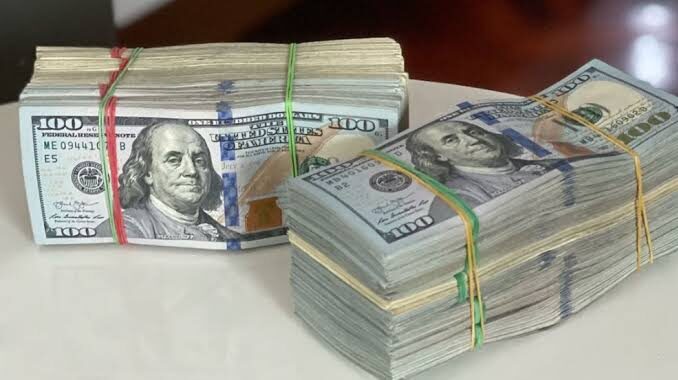
Nigeria’s Federal Executive Council (FEC) has approved a $1 billion concessionary loan from the African Development Bank (AfDB) to support financing the budget and improve foreign exchange supply, Finance Minister Olawale Edun said on Monday.
The AfDB loan will fetch an interest rate of 4.2% for 25 years with an eight-year moratorium, Edun told reporters after a cabinet meeting in the capital city, Abuja.
Nigeria’s cabinet on Monday, November 27, 2023, revised the country’s 2024 budget upwards by 1.5 trillion naira to 27.5 trillion naira ($32.76 billion), after increasing the oil price benchmark and lowering the naira exchange rate assumption.
“(Federal Executive Council) approved a $1 billion concessionary loan for general budget support and to be used to improve forex availability in the country,” Edun said.
“The $1 billion loan from AfDB is a budget support fund for ongoing economic reforms. It is to support government programs … in the power sector, social inclusion and the fiscal policy reforms as a whole sector policy initiative.”
The cabinet approved a limit of 2 trillion naira for use to refinance expensive government debt and save on debt servicing cost, Edun said. Nigeria has been spending the bulk of its revenue on debt service due to low tax collection.
ALSO READ: Nigeria, Germany sign $500 million renewable energy, gas deal
“The view is that there will be an opportunity to save about 50 billion naira or more in debt servicing over time by giving back expensive debt, refinancing it with cheaper funding,” Edun said.
President Bola Tinubu has embarked on Nigeria’s boldest reforms in decades by scrapping a popular but costly subsidy on petrol and a system of multiple exchange rates that had kept the currency artificially strong, curbing trade and growth.
Tinubu is trying to rebuild Nigeria’s economy and attract investors to revive growth, which has been sluggish for almost a decade, tackle a high debt burden, and lower double-digit inflation.




